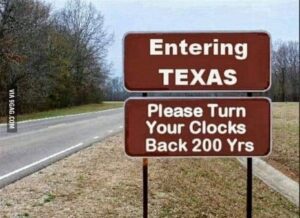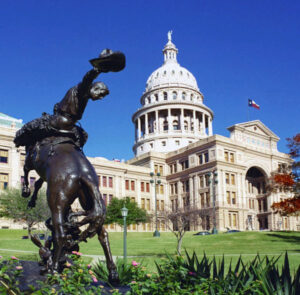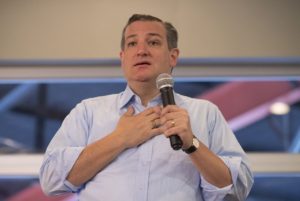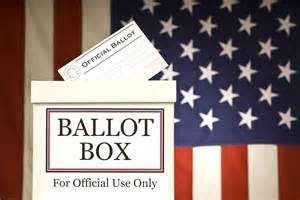I get asked fairly frequently how I like living in Texas, given that I am not a native Texan, but one who has lived here for most of my life.
The question usually is steeped in politics, in that the state has gone through a dramatic transformation over the past 40 or so years from being strongly Democratic to even stronger Republican.
My answer seeks to split the difference. “My wife and I carved out a wonderful life in Texas when we moved here in 1984,” I usually say. “Our sons came of age here, I had a wonderful career in journalism, and we got to travel,” I often add.
Oh, but what about the wacky political climate? the questioner might ask. “It hasn’t affected me directly,” I would say.
The state of politics in Texas at this moment clearly isn’t what I would prefer. The Republican stranglehold on every elected statewide office is a grim reminder — to me, at least — that progressive politics is being pushed aside.
I get asked about the state’s grotesque anti-abortion law. No one in my immediate family at this moment is a candidate for that kind of decision. I would dread having to deal with such a family crisis were one to arise, but at this time the issue remains a purely political matter.
I am a sort of spectator these days as the state grapples with how to strengthen the GOP vise-grip on public policy. I am able to comment on these matters using this blog. I grow frustrated at times believing that no one in power takes my critiques seriously. I’ll keep using this forum of mine to pound away when the needs arise.
Therefore, I continue to enjoy my life in Texas. We moved here nearly 41 years ago. I am about to turn 75. That makes me a Texan, even though I cannot plaster a “Native Texan” bumper sticker on my pickup.
But … I do own a truck. That has to count for something.








